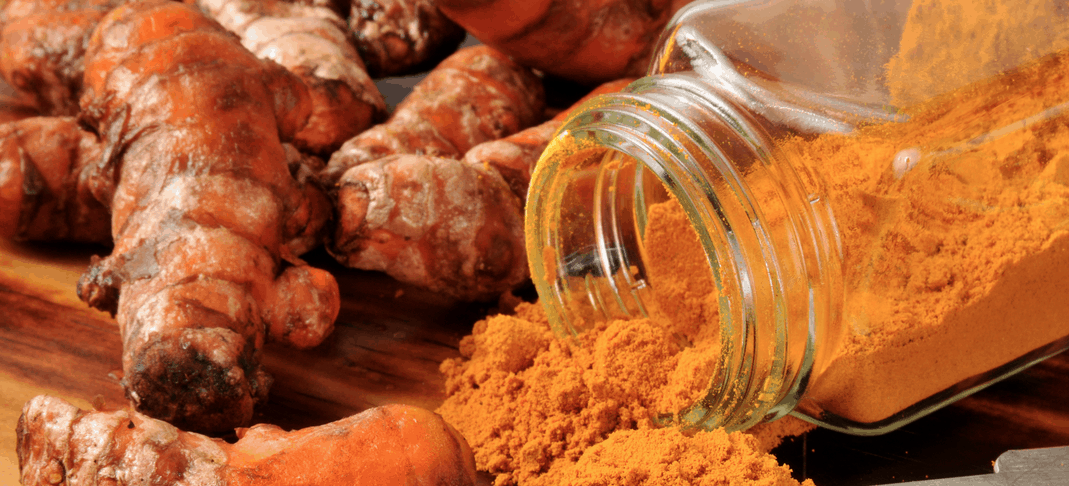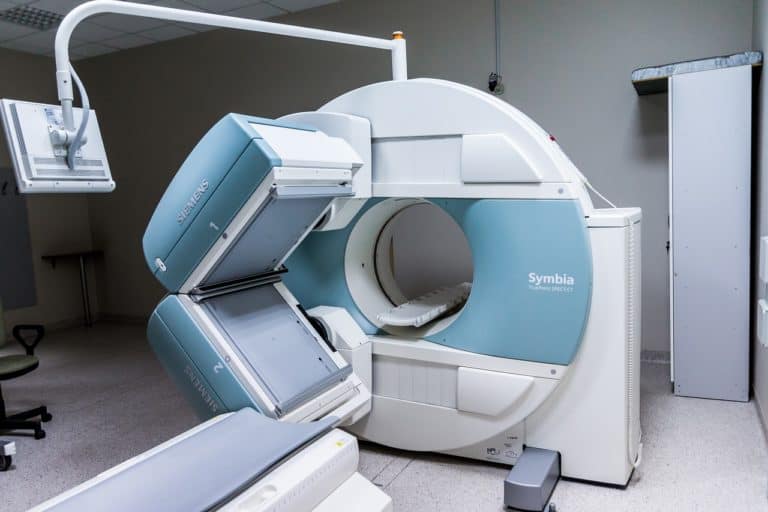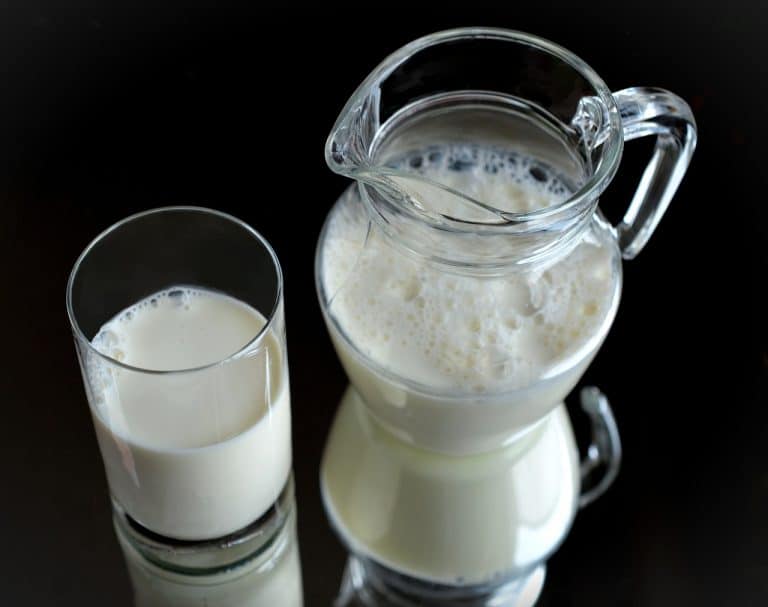You might have a bottle of turmeric sitting in your kitchen spice rack, but perhaps a better spot in the home for it is the medicine cabinet. Practitioners of both Ayurvedic medicine and traditional Chinese medicine have used turmeric for centuries. There are many health benefits of turmeric and one of turmeric’s active components, curcumin.
Turmeric (Curcuma longa) and curcumin seem to be used interchangeably, but they are not the exact same thing. Turmeric contains curcumin plus other phytochemicals. Curcumin gives turmeric its distinctive peppery flavor and contains many anti-oxidant and anti-inflammatory properties. This member of the ginger family is also a large part of the diet in India and Southeast Asia, where it is used in curries, and that is why it is often recognized as one of the main reasons these countries have lower rates of cancer.
Modern science is backing up centuries of use. Turmeric and curcumin have been the subject of over 5,600 published studies that have found over 600 potential preventive and therapeutic uses. Curcumin is difficult to absorb, so many studies involve a modified form of curcumin called Meriva curcumin phytosome. This is a more bioavailable form of curcumin than other standard extracts.
Today, many men take turmeric or curcumin to promote prostate health and fight inflammation and inflammatory diseases. More and more research supports the use of these supplements to improve heart health and to fight depression, diabetes, and cancer. This natural alternative therapy does not cause side effects and has even been found to be more powerful than popular prescription medications.
Curcurmin for Diabetes
One of the most dramatic studies of this plant involves using curcumin and bioactive antioxidant compounds from curcuminoids called tetrahydrocurcuminoids (THC) for diabetes. A 2009 study found curcumin to be 400 times more potent than the diabetes drug metformin. The results were even more surprising with THC. The study found that THCs are 100,000 times more effective than metformin. (Usharani) Another study involving diabetic rats found that THC improves the specific insulin binding to the receptors significantly, reaching near-normal levels. (Biosci)
Turmeric for Prostate Health
Turmeric has many benefits for supporting prostate health, especially health concerns related to aging and inflammation. Turmeric’s phytochemicals, antioxidants, and anti-inflammatory properties help support the body’s inflammatory response, fighting inflammation and aging. Many men take turmeric for prostatitis and BPH.
India has a very low prostate cancer rate, which is thought to be related to their diet, which is rich in turmeric and other plant-based foods. When researchers at Rutgers injected turmeric and a phytonutrient from cruciferous vegetables into prostate cancer cells it reduced well-establish prostate cancer tumors. No wonder turmeric and cruciferous vegetables are part of the best diet during cancer treatment.
Curcumin for Inflammation and Pain
Many men take nonsteroidal anti-inflammatory drugs (NSADS) for pain and inflammation due to arthritis, but there are several health risks associated with taking these medications daily long-term. The damaging long-term side effects of NSAIDs include bleeding in the gut, kidney damage, indigestion, and ulcers. Curcumin may be a safer long-term alternative.
A study on Meriva curcumin and another natural supplement called resveratrol found that these supplements were effective alternatives to several anti-inflammatory drugs. The researchers concluded that Meriva curcumin is worth considering for long-term management of osteoarthritis, which is a chronic condition that requires a prolonged treatment. (Belcaro)
Curcumin may also be a safer alternative to corticosteroids, which are prescribed for joint pain, inflammation, and organ transplants. Corticosteroids also lead to severe side effects. Curcumin compared favorably to the corticosteroid drug dexamethasone in an animal study for protecting lung transplantation-associated injury. (Sun)
Turmeric for Digestive Health
If you suffer from peptic ulcers or other digestive problems you may not think of turning to a spice for relief, but turmeric may help. In one study, 25 patients with peptic ulcers took two 300-mg capsules of turmeric five times a day. After 4 weeks, 12 of the 25 patients (48%) no longer had evidence of ulcers. After 12 weeks of treatment, 19 (76%) of the patients were ulcer-free. Twenty other patients involved in the study took turmeric for 4 weeks for gastritis, heartburn, and erosions. They reported satisfactory relief during the first two weeks. (Prucksunand)
Curcumin for Heart Health
Curcumin can improve heart health, and a double-blind study shows that it provides protection for patients post-bypass surgery. The study was published in the American Journal of Cardiology and involved 121 consecutive non-emergency heart bypass operation patients. The researchers gave half of the patients 1 gram of curcumin four times a day, three days before the surgery and five days after. The other half of patients received a placebo. The curcumin group showed a 65% lowered risk of heart attack post-surgery. The curcumin group also had significantly lower levels of oxidative stress markers in their blood and lower levels of inflammation.
Turmeric and Curcumin for Psychological Health
Turmeric has been used in Chinese medicine to treat depression for many years, and recent studies also confirm that curcumin seems to have a positive effect on a person’s psychological health. A 2011 study found that curcumin compared favorably to the anti-depressant drugs Tofranil (imipramine) and Prozac (fluoxetine). (Sanmukhani)
How to Take Turmeric and Curcumin
Turmeric and curcumin can help make a difference in your health, but how much curry can you really eat? Plus, it are difficult to absorb most types of curcumin into your body’s cells. That is why you may want to consider taking curcumin in supplement form. Look for the modified form of curcumin called Meriva curcumin phytosome. Meriva curcumin is a more bioavailable form than other standard extracts. That is why some supplements for men’s health contain Meriva curcumin phytosome. You can take 160mg of Meriva curcumin a day.
Both turmeric and curcumin are considered safe supplements to take daily, and they rarely cause side effects. Some people may experience diarrhea, upset stomach, nausea, or dizziness. If you take turmeric or curcumin in larger-than-recommended amounts or for long periods of time, they can cause ulcers.
References for “Health Benefits of Turmeric for Men”:
Belcaro, Gianni. Efficacy and safety of Meriva®, a curcumin-phosphatidylcholine complex, during extended administration in osteoarthritis patients. Altern Med Rev. 2010 Dec;15(4):337-44.
Biosci, J. Effect of tetrahydrocurcumin on insulin receptor status in type 2 diabetic rats: studies on insulin binding to erythrocytes. 2008 Mar;33(1):63-72.
Louis, P.F. Protect your heart with turmeric. Natural News. April 2012.
Prucksunand C. et al. Phase II clinical trial on effect of the long turmeric (Curcuma longa Linn) on healing of peptic ulcer. Southeast Asian J Trop Med Public Health 2001 Mar; 32(1):208-15
Sanmukhani, J., et al. Evaluation of antidepressant like activity of curcumin and its combination with fluoxetine and imipramine: an acute and chronic study. Acta Pol Pharm. 2011 Sep-Oct;68(5):769-75.
Sun, Jiayuan., et al. Preventive effects of curcumin and dexamethasone on lung transplantation-associated lung injury in rats. Crit Care Med. 2008 Apr;36(4):1205-13.
Usharani, P., et al. Effect of NCB-02, atorvastatin and placebo on endothelial function, oxidative stress and inflammatory markers in patients with type 2 diabetes mellitus: a randomized, parallel-group, placebo-controlled, 8-week study. Drugs R D. 2008;9(4):243-50.







